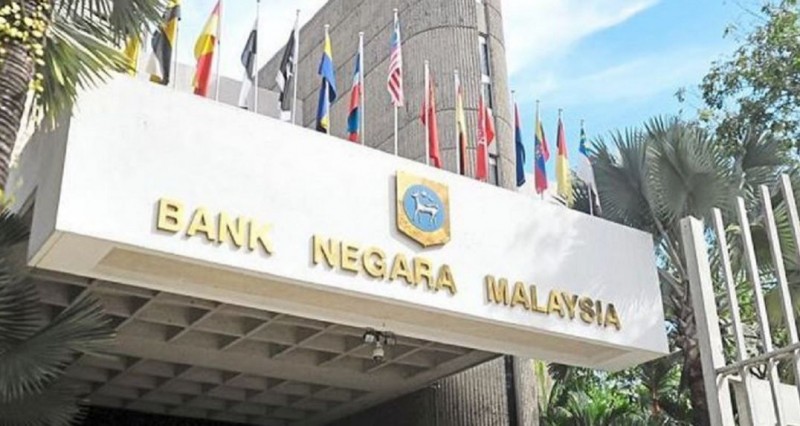
Image credit: The Star
KUALA LUMPUR (Sept 29): Small and medium enterprises (SMEs) in Malaysia saw their portion of bank loans under repayment assistance spike to 21.6% in June 2021 from below 8% in September 2020, according to Bank Negara Malaysia's (BNM) Financial Stability Review report for the first half of 2021 (1H21).
This is particularly driven by SMEs in wholesale and retail, real estate, construction and manufacturing sectors, which makes up 70% of said loans, the report said.
SMEs opted for repayment assistance during the eased application process in December 2020 and June 2021, the report said, citing how Covid-19 containment measures have disproportionately affected the segment.
In contrast, the percentage of non-SME segment bank loans under repayment assistance actually tapered in the period to 17.2% in June 2021, from 18% in September 2020.
A significant share of SMEs entered the Full Movement Control Order at the end of 2Q21 with relatively low liquidity buffers, where industry surveys indicated that 60% of SMEs hold less than three months of cash reserves, the central bank said.
“The share of SME loans assessed by banks to be of higher credit risk increased in line with more loans falling under repayment assistance, but remains relatively modest at 14.6% of total SME loans,” the report said, compared with 14.1% at December 2020.
Banks continued to provide loans to SMEs, according to the report. In 1H21, more than 25% of approved SME loans were to first-time borrowers. Approved loans to “young SMEs” with under three years of operations accounted for almost 20% of the total volume of SME loans approved, it said.
SME loan approval rates rebounded to 77.3% in June 2021 from 73.3% in December 2021, although still lower than the five-year average of 82.8%.
BNM’s Fund for SMEs, which allows banks to offer financing at concessionary rates by reducing banks’ cost of funds and enhancing borrowers’ credit profiles through pre-packaged guarantees, currently represents about 5% of outstanding financing to SMEs, compared to the pre-pandemic average of 2%.
“In this environment, policy measures that complement bank lending to SMEs while shoring up confidence among banks to take risks onto their own balance sheets will continue to play an important role in supporting the economic recovery,” it said.
About 7% of outstanding financing to SMEs is backed by credit guarantees provided by Credit Guarantee Corporation Malaysia Bhd (CGC) and Syarikat Jaminan Pembiayaan Perniagaan Bhd (SJPP).
“This remains markedly higher than the pre-pandemic level (2015-2019 average: 4%), reflecting greater caution by banks until there is better visibility on the performance of SME loans that are currently under repayment assistance,” it said.
Other financing support includes Danajamin PRIHATIN Guarantee Scheme (DPGS), as well as higher flexibility under the Targeted Relief and Recovery Facility (TRRF) and PENJANA Tourism Financing (PTF) to enable SMEs to refinance existing debt at lower costs while tapping fresh funds.
“Additional relief measures introduced in the PEMERKASA+ and PEMULIH assistance packages, including extended wage subsidies, tax incentives, and government grants are also expected to provide further support to businesses,” it said.
Source: https://www.theedgemarkets.com/article/one-five-sme-loans-underwent-repayment-assistance-%E2%80%94-bnm-report

